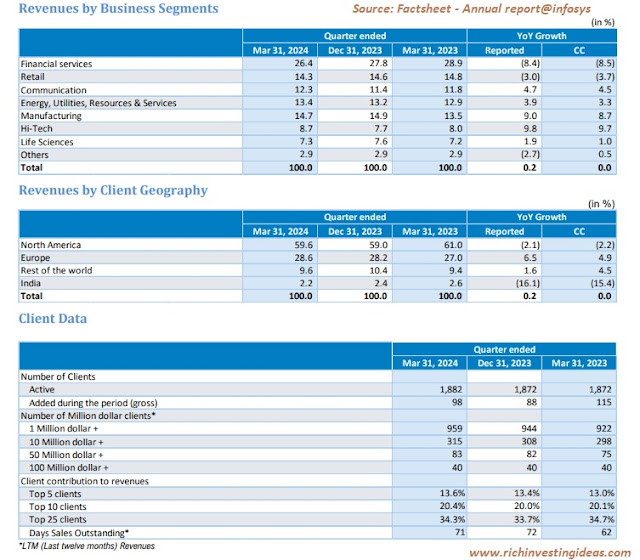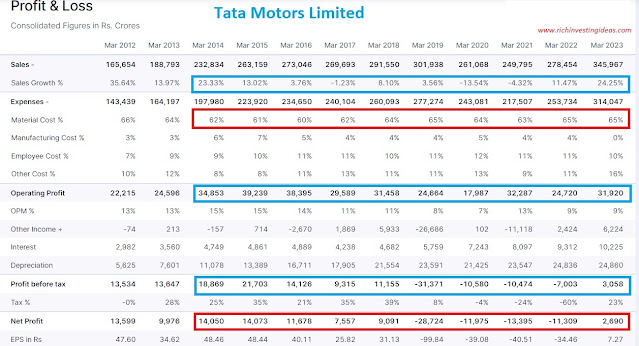The Insolvency and Bankruptcy code (IBC) - Need meaningful
The Insolvency and Bankruptcy code (IBC) - Need meaningful
- The Insolvency and bankruptcy code (IBC) was passed and became effective in the year 2016, by the parliament. The IBC splits the creditors as financial and operational, which provides top rights to the financial creditors to control the appointment of the resolution professional and choose the resolution plan.
- This law will able to protect the interests of small investors and create the process of doing business with a trouble free process.It also helps to give the lenders to access, foreign assets of loan defaulters.
- It is made to be strengthened with the additional of provisions covering Cross-border insolvency. If any company went bankrupt in India, which have a foreign asset - so the lenders can access the foreign assets of them.
- Country's Cross-border insolvency law also inline with the UNCITRAL (United Nations Commission on International trade law) model. If any other country has dealt with the insolvency proceedings to recover the defaulter's asset which is lying in India, then the country will also co-operate as per the law.
- Recently and in the past few years, we had seen that some of the companies went bankrupt or way to the bankruptcy like Jaypee Infra, Unitech, Amtek auto. As they had the plenty of debt that lead to the defaulter.
- There is a large number of cases filed under the Insolvency and bankruptcy code (IBC) and most of them based on Real Estate Projects.
- Previously, there is no help regarding on Real Estate home buyers, where they suffered by the companies. So, this IBC can provide a support for these buyers.
Kindly share your views / comments with a smile :)
www.richinvestingideas.com



Comments
Post a Comment